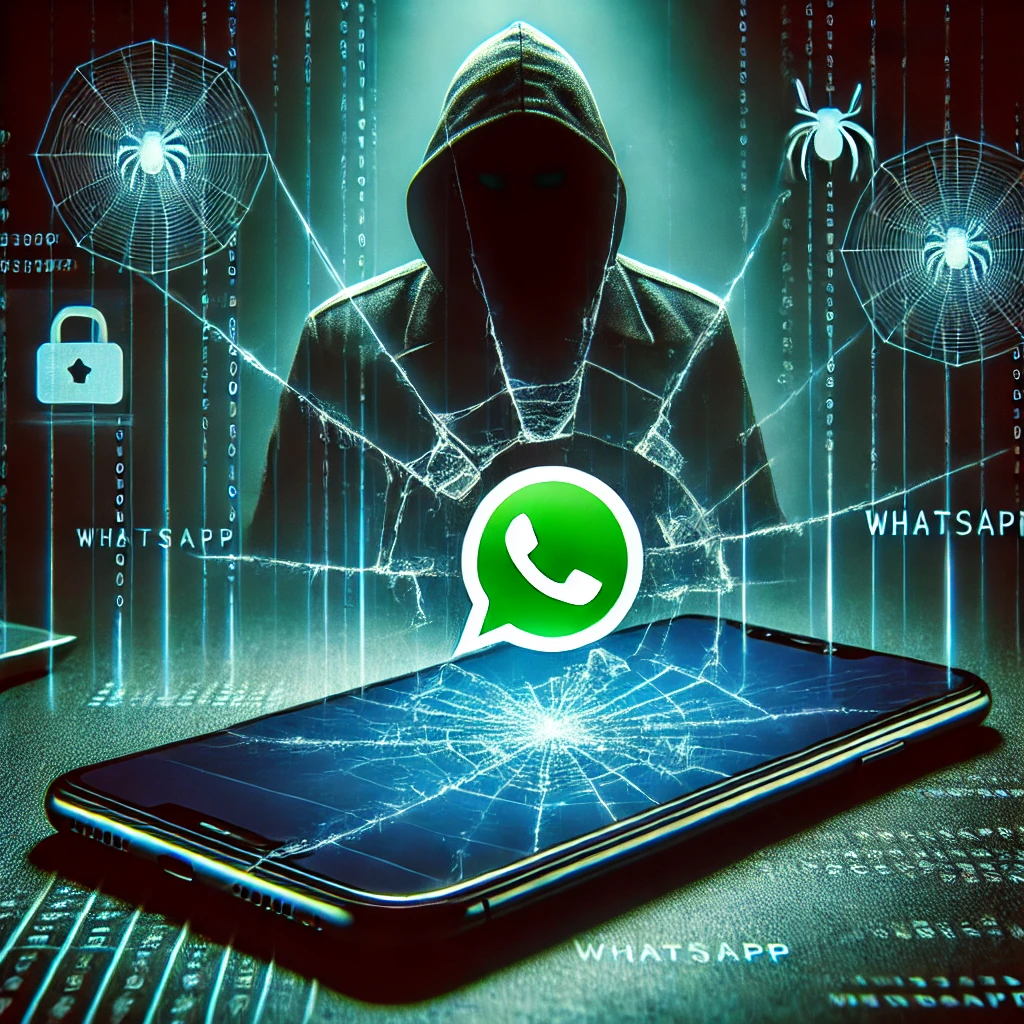In a shocking development, 1400 smartphones, including those of journalists, human rights activists, diplomats, and government officials, have been compromised by Pegasus spyware. Developed by Israeli firm NSO Group, Pegasus exploited vulnerabilities in WhatsApp, exposing a global cyber espionage network and sparking urgent concerns about digital privacy and security.
Stealthy Malware Redefines Espionage
Pegasus operates like a ghost, infiltrating devices without user interaction. It gains full access to sensitive data—messages, photos, emails—and can activate cameras and microphones, all while leaving no trace. This unprecedented stealth allows attackers to surveil targets undetected.
In 2019, WhatsApp identified and patched a vulnerability that Pegasus exploited between 2018 and 2020. However, the damage was done. A staggering number of devices had already fallen victim to the sophisticated spyware.
Court Documents Expose NSO Group’s Tactics
WhatsApp’s legal battle against NSO Group unveiled the spyware’s evolution. Pegasus exploits WhatsApp’s code through three attack vectors, including a highly advanced method named “Erised,” capable of infecting devices without any action from users. Court filings revealed that NSO actively managed these operations, delivering stolen data to clients, often government agencies.
Contrary to NSO’s claims of mere tool provision, evidence indicates the company orchestrated these surveillance activities, targeting thousands of smartphones in a deliberate and scalable operation.
The Global Fallout: Privacy at Stake
This cyber espionage saga has implications far beyond its direct victims. While NSO defends its spyware as a tool for government use in combating crime and terrorism, its misuse has been documented in targeting political opponents, activists, and journalists. The revelations have exposed the thin line between national security and mass surveillance.
Tech giants have taken action. WhatsApp tightened its security measures, and Apple launched a lawsuit against NSO to halt its spyware operations. However, Apple later withdrew its case, citing risks of exposing sensitive security details.
The Call for Stricter Regulation
The Pegasus scandal highlights the urgent need for global regulations on surveillance technology. The unchecked power of spyware like Pegasus threatens not only high-profile individuals but also ordinary citizens. This case is a sobering reminder of how vulnerable our devices are in the digital age.
As spyware technology continues to evolve, governments and tech companies must collaborate to establish robust defenses. Pegasus is a wake-up call for the world to prioritize digital privacy and secure the freedoms we hold dear.
This crisis underscores a chilling question: How secure are our digital lives? The answers are becoming alarmingly clear, revealing a need for vigilance and stronger protections in an era of escalating cyber threats.







